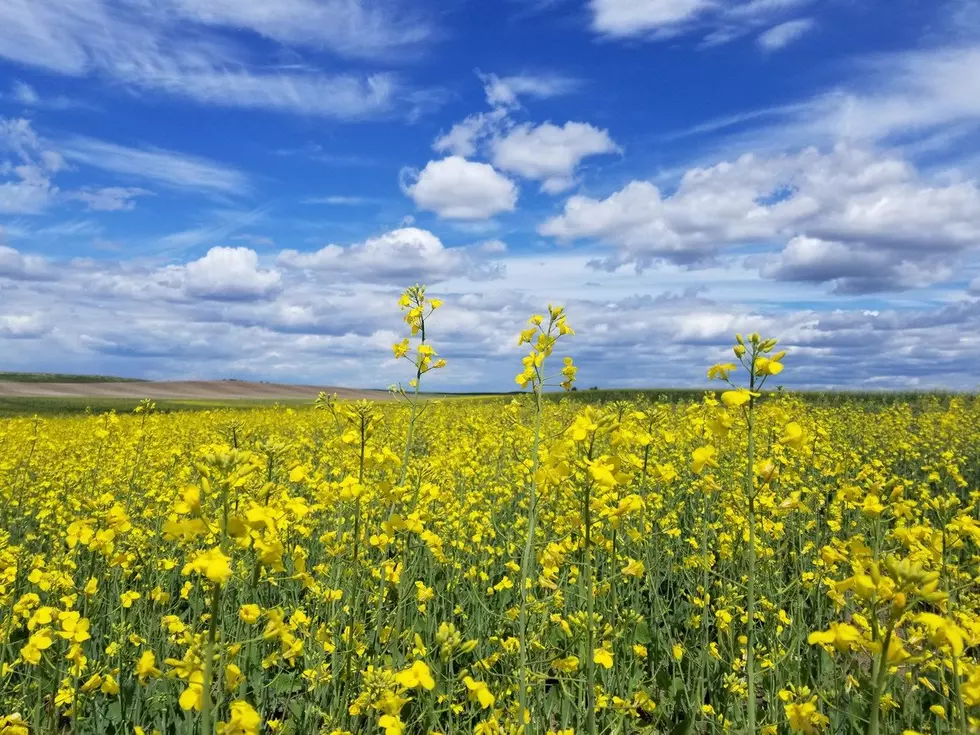
Washington L&I Issues Emergency Wildfire Smoke Rules
On Friday, the Washington Department of Labor & Industries filed emergency rules the organization says will protect employees from exposure to wildfire smoke. The new rules, which are in effect now, impact workers in agriculture, construction and others that spend a majority of their time outdoors.
“This wildfire season is shaping up to be even worse than last year,” said L&I Director Joel Sacks. “We’re establishing these emergency rules to protect employees who have to work outside, breathing in smoky air all day long.”
Smoke from wildfires contains chemicals, gases, and fine particles that can harm health. The most concerning hazard is associated with the smallest particles, or Particulate Matter (PM), that are less than 2.5 micrometers (PM 2.5). These particles can get deep into the lungs, worsening existing health conditions like asthma, negatively impacting heart health, and increasing the risk of death.
The new wildfire smoke rules spell out to employers how to identify harmful smoke exposure risks and when to notify their workers. They also require employers to:
- Train employees and supervisors about wildfire smoke;
- Ensure employees showing symptoms of wildfire smoke exposure are monitored and receive medical care when necessary; and,
- Take actions to eliminate or reduce exposures to wildfire smoke where feasible, when levels of particulate matter are high.
Under L&I’s rule an Qir Quality Index, or AQI of 151 is considered dangerously poor air quality. Measures to eliminate or reduce worker exposure may include:
- Moving work to enclosed buildings, structures, or vehicles where the air is adequately filtered;
- Moving employees to areas with lower smoke exposure;
- Reducing work intensity;
- Providing additional rest periods; and,
- Providing employees with respirators, such as an N95 or a KN95 disposal mask at no cost for voluntary use when levels of particulate matter are high.
Although not required, L&I also recommends employers take action to reduce employee exposure to dangerous air at even lower levels of particulate matter, especially for sensitive groups with asthma or other lung conditions. The emergency rules are in effect immediately but employers will be given a brief grace period before enforcement begins.
Washington is the second state to issue regulations regarding workers and wildfire smoke; California was the first, adopting its rules in 2019. More information about the rulemaking process and a complete list of safety and health rules can be found on L&I's Find Safety and Health Rules Page.
If you have a story idea for the PNW Ag Network, call (509) 547-1618, or e-mail gvaagen@cherrycreekmedia.com
More From PNW Ag Network









